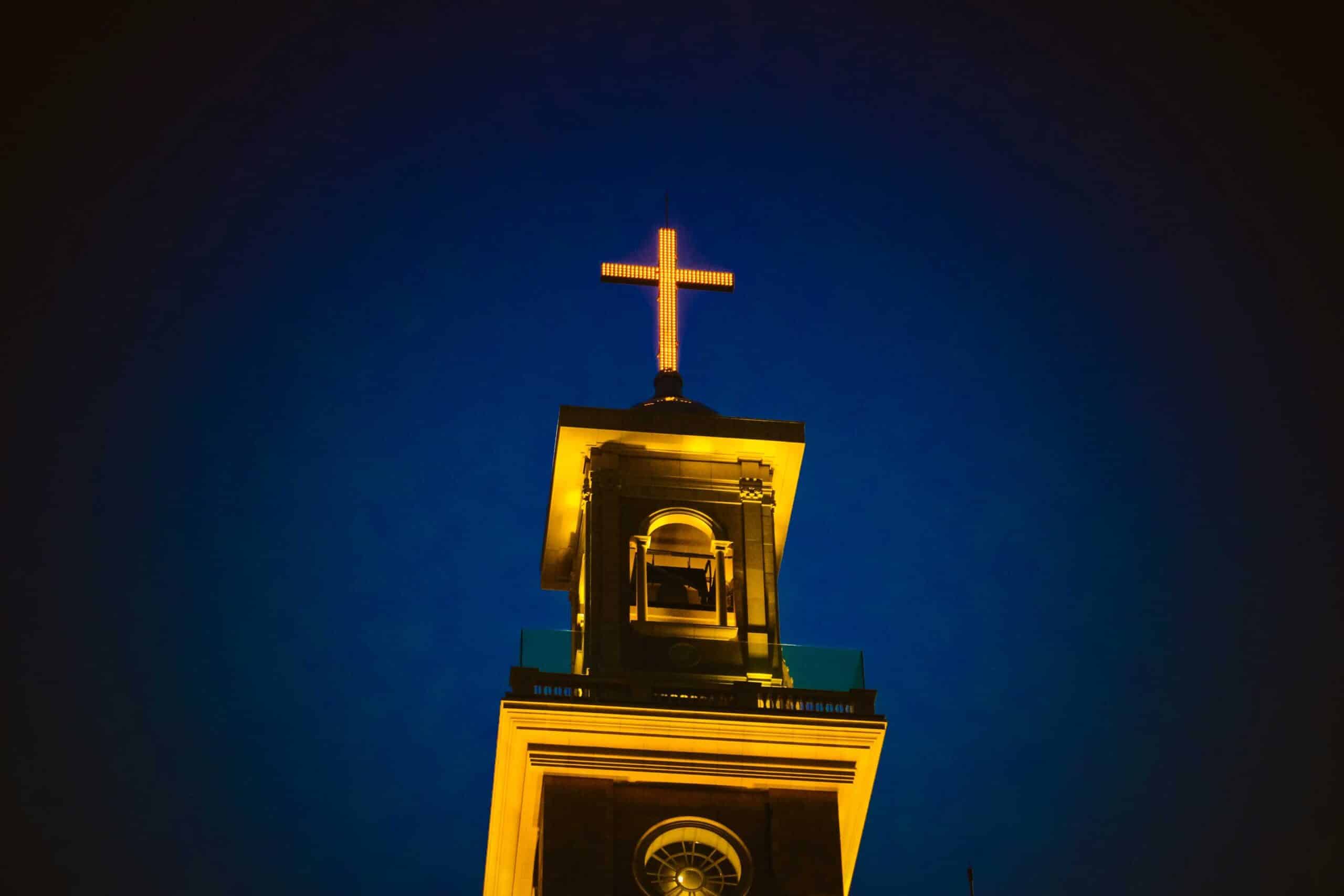Lebanon, a small country nestled along the Mediterranean coast, is known for its rich cultural heritage and religious diversity. Among the various religious groups that contribute to Lebanon’s vibrant social fabric, the Christians of Lebanon hold a prominent position, with their influence reaching far beyond religious matters.
Who are the Christians of Lebanon?
Christianity in Lebanon traces its roots back to the early years of the faith, with the region playing a significant role in the growth and dissemination of Christianity. The Phoenician coastal cities of Tyre and Sidon, now part of modern-day Lebanon, are mentioned in the New Testament as sites visited by Jesus and his disciples.
In the centuries that followed, Lebanon became a focal point for various Christian denominations, including the Maronite, Greek Orthodox, Greek Catholic (Melkite), Armenian Orthodox (Apostolic), Armenian Catholic, and several Protestant denominations.
The Role of Christians in Lebanon’s Society and Politics
Christians have played a pivotal role in Lebanon’s social, political, and cultural development throughout its history. The establishment of the Lebanese Republic in 1943, for instance, was based on a National Pact that enshrined power-sharing between the different religious communities. This agreement ensured that the President of the Republic would always be a Maronite Christian, while the Prime Minister would be a Sunni Muslim, and the Speaker of Parliament a Shia Muslim.
Lebanon’s Christians have also made significant contributions to the country’s educational and cultural sectors. Institutions such as the American University of Beirut and Saint Joseph University, founded by American Protestant missionaries and French Jesuits respectively, have shaped generations of Lebanese leaders, thinkers, and professionals.
The Rich Tapestry of Christian Culture in Lebanon
The diversity of Christian denominations in Lebanon has given rise to a rich tapestry of cultural expressions, including art, architecture, music, and literature. Some of the most notable examples of Christian cultural heritage in Lebanon include:
Monasteries and Churches
Lebanon boasts an impressive number of historic monasteries and churches, such as the Monastery of Saint Anthony (Qozhaya), the Monastery of Saint Maron (Annaya), and the Cathedral of Saint George (Beirut). These sites, some dating back to the early centuries of Christianity, offer a unique insight into the country’s religious history and architectural styles.
Music and Chanting
The Christians of Lebanon have a rich musical tradition, encompassing both liturgical chants and secular music. Traditional Maronite and Byzantine chants, for instance, continue to be an essential part of worship services, while the Rahbani Brothers, renowned Lebanese musicians and composers, have left an indelible mark on the country’s musical landscape.
Festivals and Celebrations
Lebanese Christians celebrate various religious and cultural events throughout the year, such as Christmas, Easter, and the Feast of Saint Maron. These festivities are marked by processions, communal gatherings, and traditional customs that showcase the unique blend of Lebanese Christian culture.
The Christians of Lebanon, with their rich history and diverse cultural heritage, have played a vital role in shaping the nation’s unique identity. As a testament to Lebanon’s religious diversity and tolerance, the Christian communities continue to contribute to the country’s social, political, and cultural landscape.
Image Credit: Jametlene Reskp on Unsplash



















